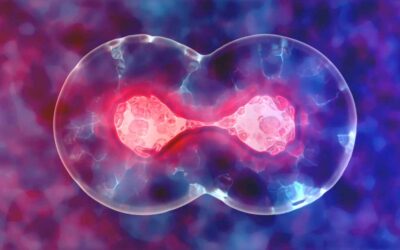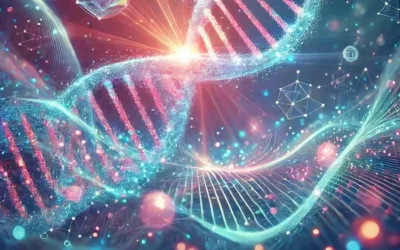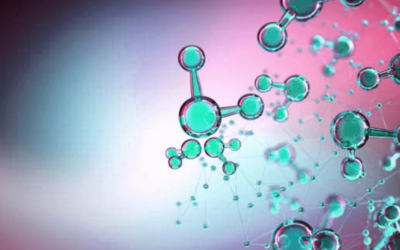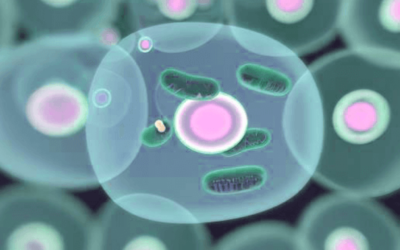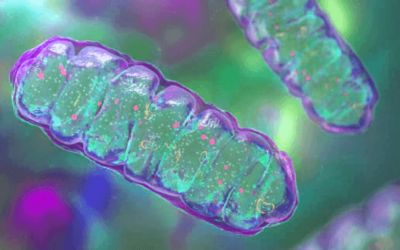Mitochondrial Health
Evidence-based information
Mitochondrial health
The connection between mitochondrial dysfunction and autism is an area of active research. Mitochondria are the cellular powerhouses that generate energy and are involved in many cellular processes. Mitochondrial dysfunction refers to a reduction in the normal functioning of mitochondria, which can lead to a range of health problems.
Studies have suggested that mitochondrial dysfunction may play a role in the development and manifestation of autism. Some individuals with autism have been found to have genetic mutations or other alterations in the mitochondrial DNA that lead to impaired energy production.
There is more and more evidence that abnormal function of the mitochondria system causes autism along with other diseases associated with low energy levels. Therefore, it’s important to maintain the proper function of these organelles in our bodies so we can stay healthy and feel good mentally and physically
Glutathione Benefits: The Master Antioxidant Explained
In the age of wellness trends and biohacking buzzwords, it’s easy to overlook the real MVPs of health—those quietly working behind the scenes in...
What is Nutrigenomics? How Your Genes Affect Your Diet
Understanding the power of nutrition tailored to your genes. Imagine a world where your diet isn’t based on general advice, but on your unique...
The Power of Movement: Mitochondrial Health Exercise Guide
How Mitochondrial Health Exercise can help to improve your well-being? When it comes to boosting energy, fighting fatigue, and aging gracefully, few...
Mitochondrial Health Diet: What to Eat to Energize Your Cells
Why Diet Matters for Mitochondrial Health? The mitochondria are the power plants of our cells. They generate the energy (ATP) we need for virtually...
Mitochondrial Health: How to Support Your Cellular Powerhouses
Mitochondrial health refers to the optimal functioning of the mitochondria—the tiny organelles in our cells that act as energy producers. Often...
How to Improve Mitochondrial Function Naturally
Mitochondria are the powerhouse of your cells — quite literally. They generate ATP, the energy currency your body needs for everything from brain...
Mitochondrial Function in Methylation: A Critical Interplay
Methylation is a vital biochemical process that plays a crucial role in gene expression, DNA repair, detoxification, and neurotransmitter synthesis....
The Role of Mitochondrial Support in Immune Function
The immune system and cellular metabolism are intricately linked, forming a complex network where energy production and immune response are mutually...
The Association of Social and Cognitive Impairment With Biomarkers in Autism Spectrum Disorders
Mitochondrial Dysfunction: The Role of Nutritional Supplementation
The Relationship Between Autism and Mitochondrial Dysfunction
Mitochondrial disorders
While the exact causes of autism are still unknown, researchers have recently uncovered a mysterious link between autism and mitochondrial...
Omega 3 fatty acid
Omega-3 fatty acids belong to the group of polyunsaturated fatty acids, of which EPA (eicosapentaenoic acid), DHA (docosahexaenoic acid), and...





